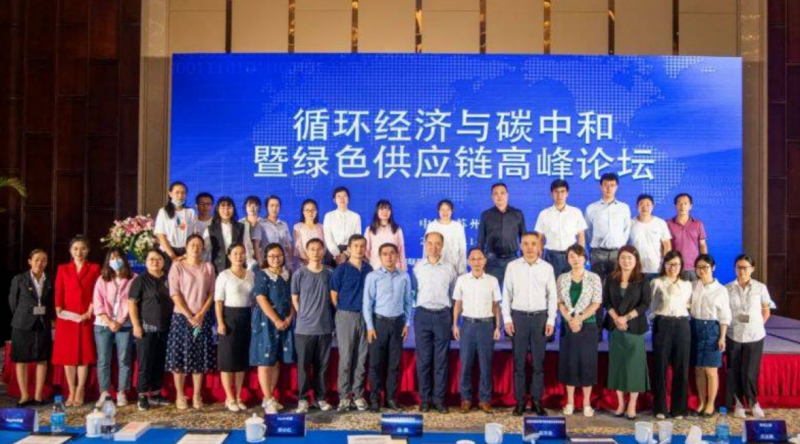On September 14, 2022, the "Circular Economy and Carbon Neutrality and Green Supply Chain Summit Forum" was successfully held in Suzhou, China, co-organized by the Green Procurement Committee of Green Supply Chain Alliance of MIIT, Lvse Jiangnan Center for Public Environmental Concern, China Circular Economy Association, Public Environmental Research Center, Dell China, and Greenman Environment. The event was attended by important guests from ecological and environmental departments at all levels, industrial park management committees, supplier representatives, and foundation representatives.
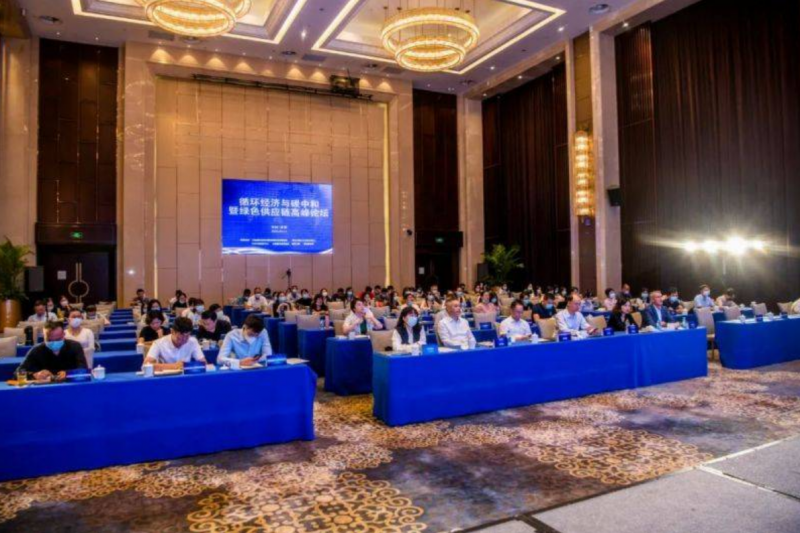
First of all, the representative of Green Procurement Special Committee of Green Supply Chain Alliance of MIIT gave a wonderful speech and expressed his good wishes to everyone.
Researcher Mao Tao, Director of the International Cooperation Department of the International Economic, and Technical Cooperation Center of the Ministry of Industry and Information Technology and Deputy Secretary General of China Green Supply Chain Alliance elaborated on China's green supply chain management practice from the aspects of green supply chain overview, legal and policy progress, supply chain management demonstration and new trends of green supply chain management. He pointed out that under the background of carbon neutralization, the green supply chain management practice has undergone new changes: the management object has expanded from ‘part’ to ‘a(chǎn)ll’, and the management motivation has shifted from "policy-driven" to "proactive". ‘policy-driven’ to ‘a(chǎn)ctive layout’, management requirements from ‘light green’ to ‘deep green’, and management methods from ‘closed’ to ‘transparent’. The management requirements move from ‘light green’ to ‘deep green’, and the management approach moves from ‘closed’ to ‘transparent’. Green supply chain management, as an innovative environmental management approach, integrates the concepts of the whole life cycle and extended producer responsibility in traditional supply chain management relies on the supply relationship between upstream and downstream enterprises, takes core enterprises as the fulcrum, mainly through green supplier management, green procurement and other efforts to continuously promote the environmental performance of enterprises in the chain.
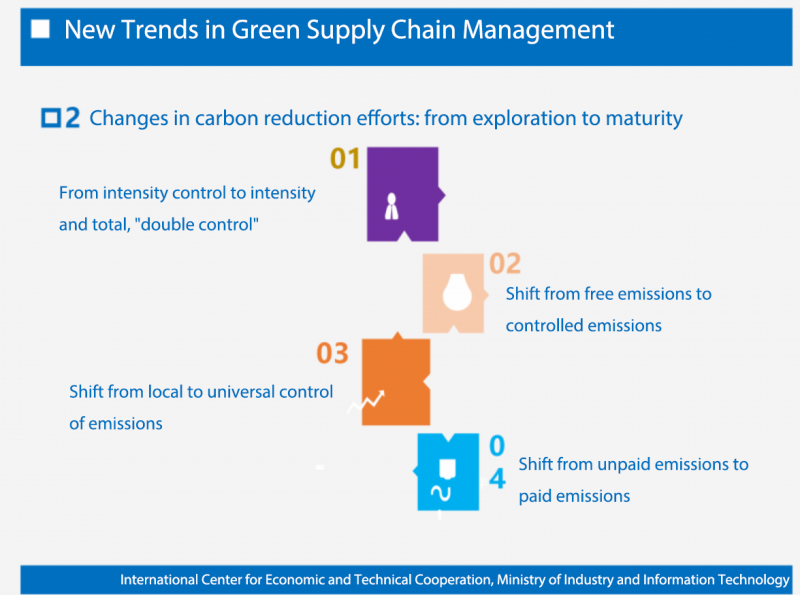
Dr. Yang Pingjian, Director of the Environmental Sociology Research Office of the Chinese Academy of Environmental Sciences (CAS), shared the China Provincial Carbon Peaking Carbon Neutral Index and 2020-2021 Evaluation Report jointly developed by CAS and IPE's Double Carbon Group. The report focuses on the background of carbon neutrality, its theoretical basis and current research status, index design and evaluation method, index evaluation results and analysis, and suggestions for countermeasures. The research on the provincial carbon peak and carbon neutral index can help provinces identify their own advantages and shortcomings in socio-economic development and carbon emission reduction, and guide them to find the right starting point for achieving carbon peak and carbon neutrality, etc. It is of great significance. China's development is still uneven across the country, and the quality of China's economic development and energy structure is facing huge challenges under the dual carbon target. Carbon Neutral is a broad and deep economic and social systemic change, which requires the government, enterprises, social organizations, and the public to do their part and make their own contribution together. Dr. Yang put forward a series of recommendations on behalf of the subject group.
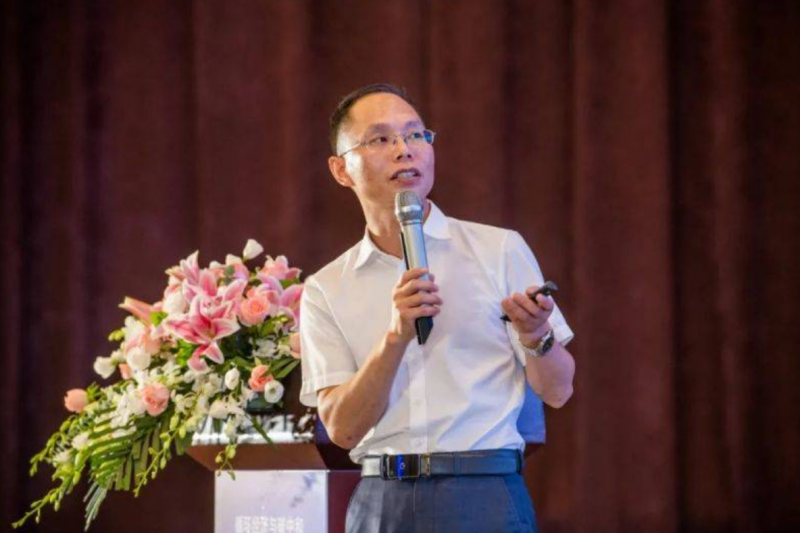
Mr. Zhao Kai, Executive Vice President of China Circular Economy Association, shared his views on "Circular Economy". The growth of the economy and the increase of consumer demand will certainly lead to the growth of resource consumption demand, and the contradiction between the supply and demand of resources will be further intensified. Vigorously developing a circular economy and improving resource utilization efficiency are undoubtedly important ways and effective means to ensure national resource security. At the same time, the development of the circular economy is an important way to achieve a carbon peak and carbon neutral; it is an important measure to adapt to the global green development trend and actively respond to climate change.
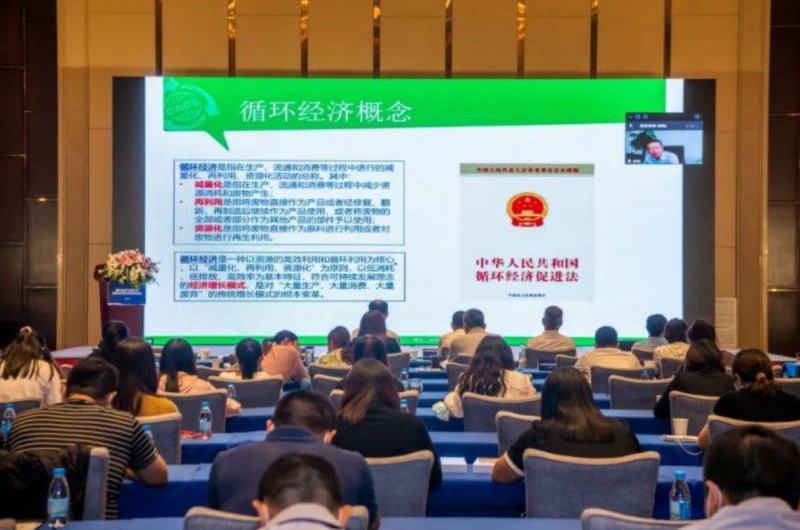
Mr. Ma Jun, Director of the Public Environment Research Center (IPE) and founder of Azure Map, shared the Digital Empowerment Double Carbon Initiative. IPE has developed a greenhouse gas accounting platform for Chinese enterprises to help them tackle the climate challenge through big data-empowered double-carbon action. IPE has developed the CITI Index and the CATI Index for Corporate Climate Action to help enterprises implement energy-saving and emission-reduction measures for themselves and their supply chains, accelerate their green and low-carbon transformation, and build trust with stakeholders through information disclosure. IPE also cooperates with Alaska SEE Pearl River Project Center to develop a green and low-carbon index for industrial enterprises to explore collaborative pollution reduction, carbon reduction, and resource recycling.
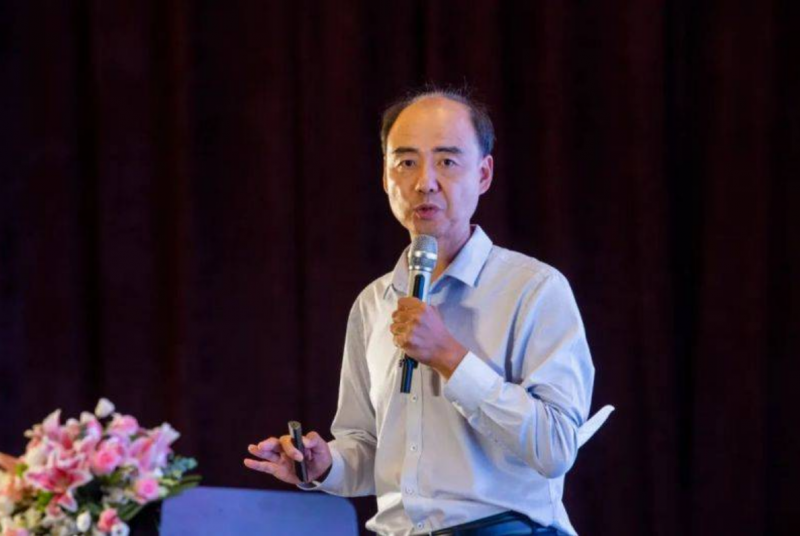
Environmental organizations play an important role in the process of corporate green supply chain management. Fang Yingjun, founder and director of Lvse Jiangnan, shared with the guests the work made by Green Jiangnan as an environmental organization in green supply chain practice participation with the actual research cases of Green Jiangnan. Green Jiangnan has always maintained close cooperation with brands and eco-environmental departments and has solved many eco-environmental governance improvements as an important participant, which fully proves that environmental organizations play an important role in social and environmental governance. Director Fang emphasized: "We eliminate pollution, not by eliminating polluting companies, but by promoting polluting companies to cure pollution and thus eliminate pollution".
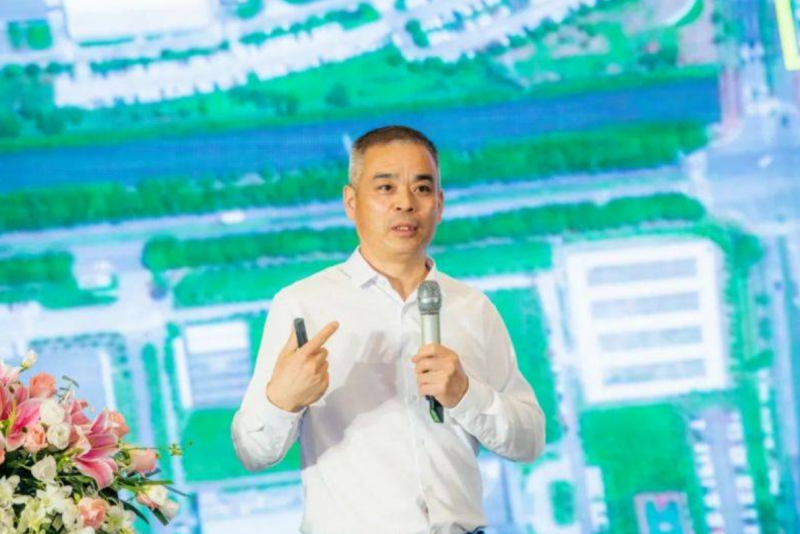
Apple supplier Lixin Precision shared its views on how the company practices green and low carbon. Lixun Precision combines stakeholders to develop sustainable management policies from three dimensions: environment, society, and governance, and to build a sustainable development strategy system for the Group.
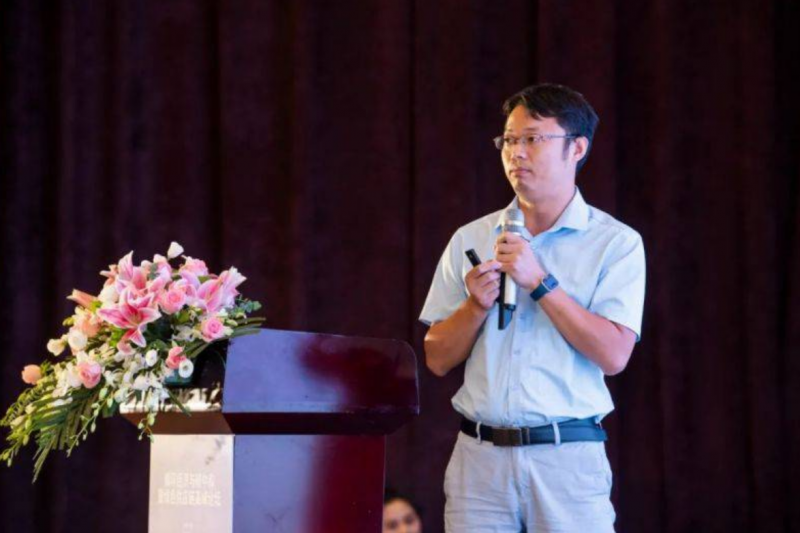
Dell supplier Suzhou Golden Image has carried out a series of energy-saving and carbon-reducing activities in combination with its own actual situation; and set up an energy management team covering a series of energy management contents from energy procurement, measurement, statistics, production process management, and quota assessment, etc., which has promoted the development of various energy-saving work of the enterprise.
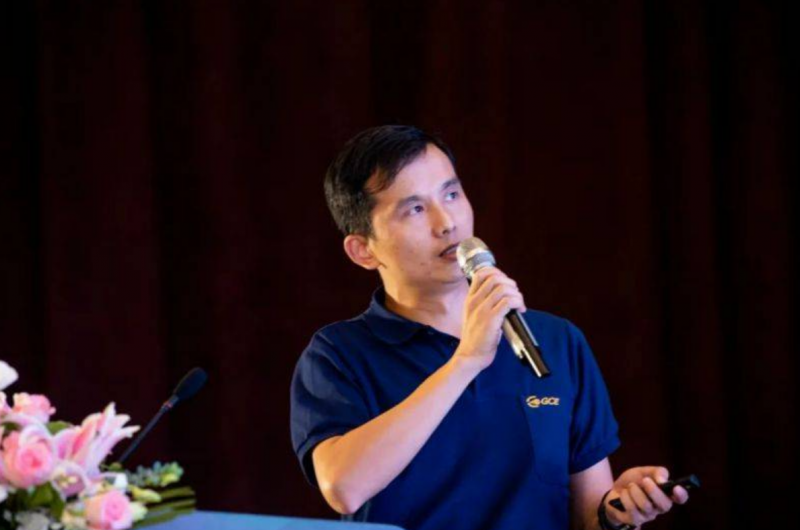
Finally, the sharing guests and the participants had a lively discussion on the theme of Circular Economy and Carbon Neutral and Green Supply Chain Forum and gave professional suggestions and solutions to the practical problems raised by the participating enterprises.
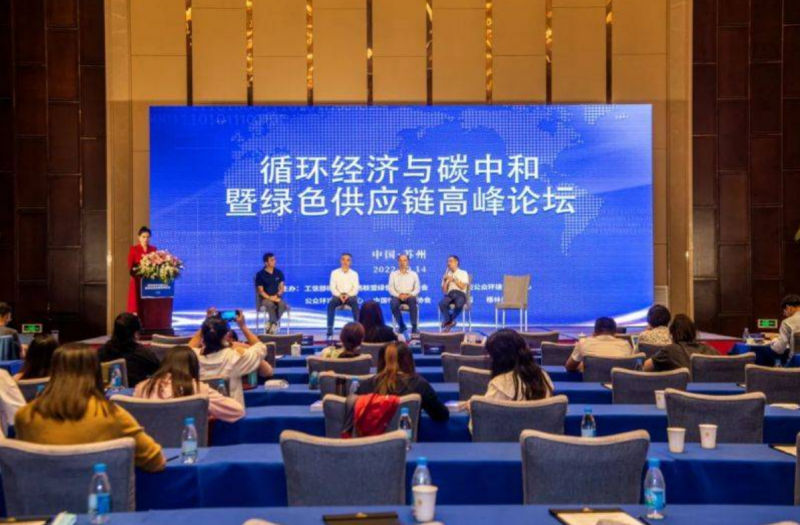
Promoting ‘double-carbon’ is an urgent need for China to follow the trend of technological progress and promote the transformation and upgrading of economic structure; promoting ‘double-carbon’ is the urgent need for China to meet the people's growing demand for a beautiful ecological environment and promote the harmonious coexistence of man and nature. Promoting "double carbon" is an urgent need for China to take the initiative to assume the responsibility of a great nation and promote the building of a community of human destiny. Let us take the initiative to respond to the development trend of carbon neutrality, grasp the opportunity for green and low-carbon transformation, and seize the opportunity for development.
